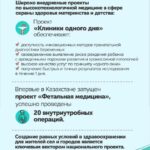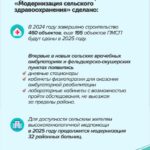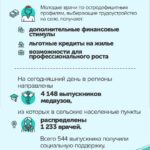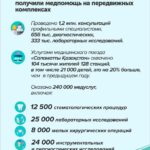1.2 million rural residents have been provided with medical care thanks to mobile medical complexes
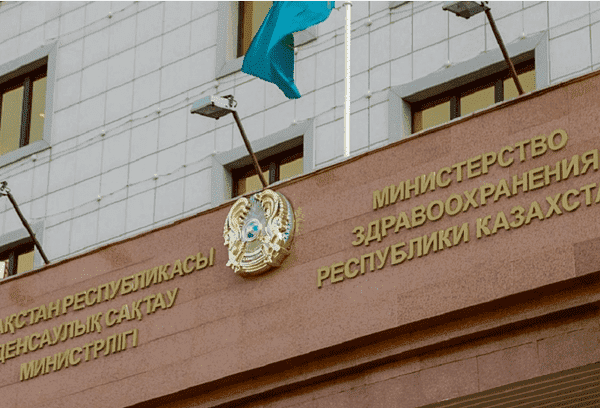
Kazakhstan’s Ministry of Health is implementing a wide range of measures to improve the quality and accessibility of healthcare in rural areas, the ministry’s press service reports.
Telemedicine is a dynamically developing area for increasing access to medical care for rural residents. To increase access to medical services for residents of remote regions of the country, mobile medical complexes (MMC) are also actively operating. In 2024, 1.2 million residents of 3,072 settlements received access to doctor consultations and diagnostic procedures with the help of “clinics on wheels”.
With the help of mobile complexes, 1.2 million consultations were provided by specialists, 656 thousand diagnostic procedures were performed, and 333 thousand laboratory tests were conducted. As a result of the examinations, 95 thousand patients with various diseases were identified, of which 78.3% were adults and 21.7% were children. Following the medical examinations, 33.7 thousand rural residents were taken under dispensary observation.
In 2024, the services of the medical train “Salamatty Kazakhstan” were provided to 104 thousand residents of 128 stations, including 21,000 children, which is 20% more than in the previous year. Medical train specialists provided 240,000 medical services, including 12,500 dental procedures, 25,000 laboratory tests, 8,000 minor surgeries, and 24,000 instrumental and diagnostic studies. During the examinations, 5,500 patients with various diseases were identified and provided with the necessary assistance.
A systematic update of the medical infrastructure in rural areas is underway as part of the National Project “Modernization of Rural Healthcare”. In 2024, the construction of 460 facilities was completed, and another 195 primary healthcare facilities will be commissioned in 2025. For the first time, new rural medical outpatient clinics and feldsher-obstetric stations have been equipped with day hospitals, physiotherapy rooms for outpatient rehabilitation, and laboratory facilities, allowing for examinations without leaving the district. In equipped telemedicine offices, rural patients can receive remote consultations from leading doctors in regional and republican clinics. Telemedicine services have doubled over the year. To make high-tech medical care accessible to rural residents, in 2025, the modernization of 32 district hospitals will continue, on the basis of which cardiology centers, traumatology, resuscitation, and surgery departments equipped with angiographs, CT, and MRI will be opened. These measures will ensure the timely provision of emergency medical care to rural residents for heart attacks, strokes, traumas, and other conditions, adhering to the “golden hour” principle, which will reduce mortality from these diseases by 20%.
New approaches to attracting medical personnel to rural areas: young doctors with acute shortages of specialties who choose to work in rural areas receive additional financial incentives, preferential housing loans, and opportunities for professional growth. To date, 4148 university graduates have been sent to the regions, of which 1233 doctors have been distributed to rural settlements. A total of 544 graduates received social support. For the first time in the regions of the country, 89 rural doctors, including obstetricians-gynecologists, anesthesiologists-resuscitators, and surgeons, have been provided with one-time payments of 100 monthly calculation indices or 8.5 million tenge.
As a result of a comprehensive approach to improving rural healthcare, Kazakhstan has seen a 12.9% decrease in the incidence of diseases over the past 5 years, including a 15.1% decrease in urban areas and a 9.3% decrease in rural areas. A number of high-tech medical projects in the field of maternal and child health are being scaled up across the country. The “One-Day Clinic” project provides access to innovative methods of prenatal diagnosis for pregnant women and early detection of the risk of children being born with birth defects and chromosomal abnormalities, as well as high-quality services under the “one-window” principle, providing quick and accurate results of the study within 1 day. For the first time in Kazakhstan, the “Fetal Medicine” project has been launched, and 20 in utero surgeries have been successfully performed. These technologies are designed to correct and treat early pathological conditions of the fetus through minimally invasive procedures. They will be available to residents of rural areas to prevent disability among children. Creating equal conditions in healthcare for rural and urban residents is a key vector of the national project.
